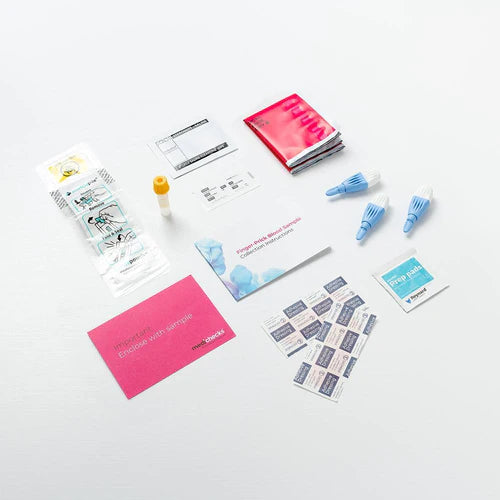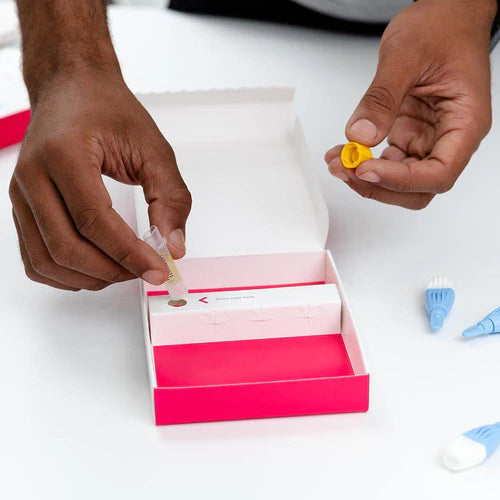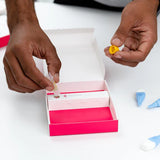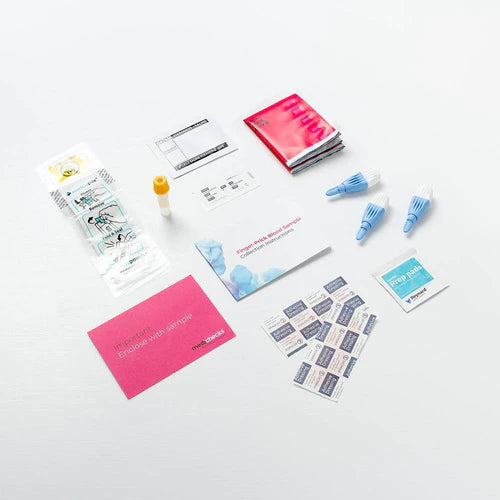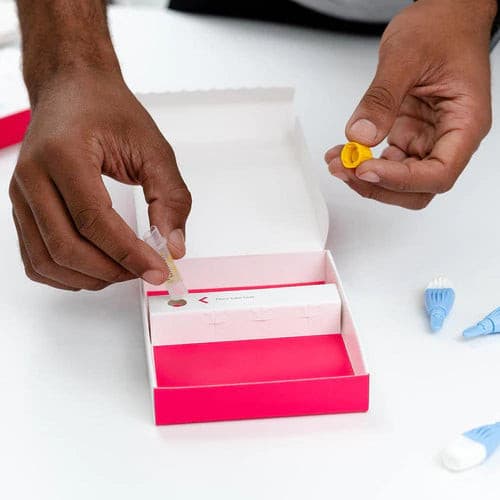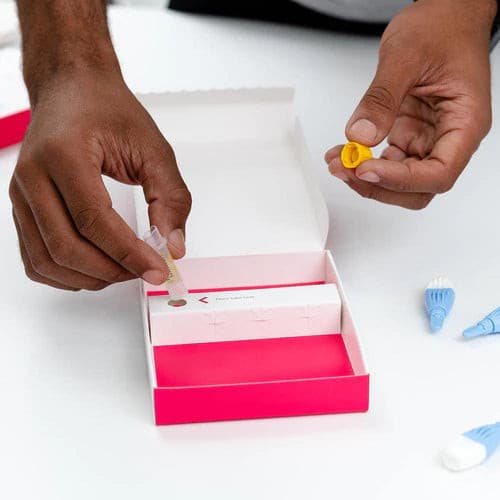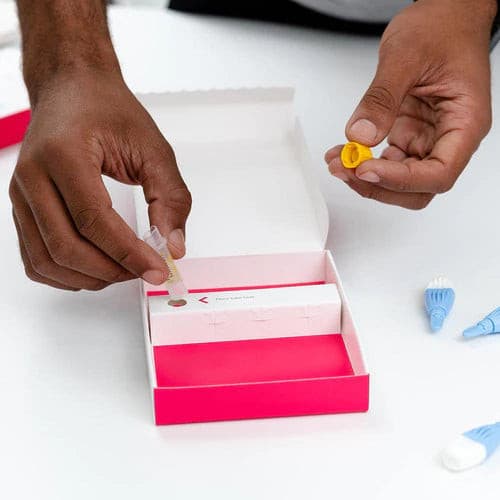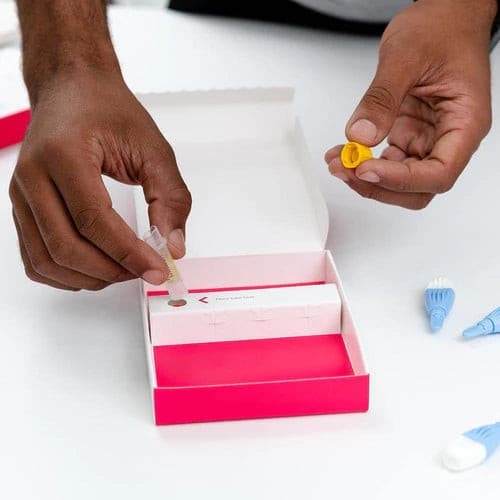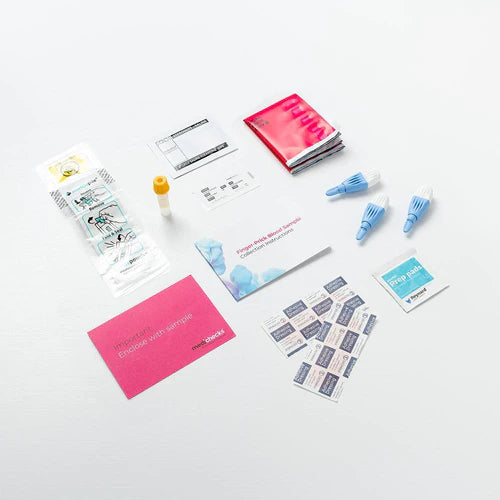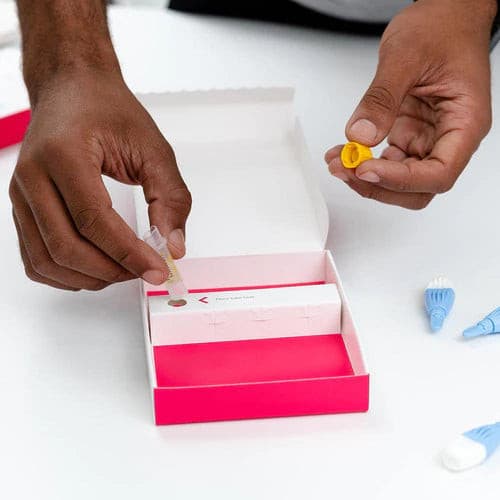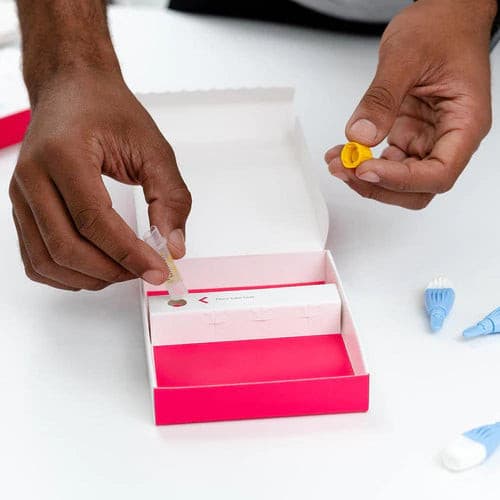
About Description
- symptoms low libido, erectile dysfunction, or motivation loss
- quick and easy check for male and female hormones
Why People Choose Us

Quick & Easy
No appointment or long waiting times

Discreet Packaging
Plain packaging with no medical stamps or marks

Confidential Service
Your information stays with us and private payment

UK Medication
Dispensed by registered UK pharmacists
Every bodily function, including development, metabolism, reproduction, and sleep cycles, is controlled by hormones.
Your mood and energy levels, as well as your fertility and libido, can all be negatively impacted by even a slight hormonal imbalance.
Chemical messengers known as hormones are produced in your glands and delivered into your bloodstream. Your body receives instructions from them on how to control your appetite, growth, mood, and reproduction.
In general, they maintain the body's equilibrium and functionality. Hormone imbalances are frequently treated with hormone replacement therapy or by altering one's lifestyle. Throughout the day and for women during the menstrual cycle, hormone levels change.
Oestradiol is a female steroid hormone that is made primarily in women's ovaries and only little in men's testicles.
The female reproductive system, breast tissue growth, and bone density are all influenced by this, the strongest of the three oestrogens. Oestradiol levels in premenopausal women fluctuate during the monthly cycle, reaching their highest point at ovulation.
Oestradiol levels in women decrease with ageing, peaking at menopause when the ovaries stop releasing eggs. Hot flashes, nocturnal sweats, and mood swings are just a few of the menopause symptoms that low oestradiol can bring on. Osteoporosis can also result from low oestradiol.
A hormone called testosterone is responsible for male features. It plays a part in controlling bone mass, fat distribution, muscular mass, strength, the creation of red blood cells, and the production of sperm in men.
It also helps to regulate sex drive. Men's testicles and, to a much lesser extent, women's ovaries both produce testosterone. Although lower than normal amounts of testosterone can occur at any age and can result in low libido, erectile dysfunction, difficulties gaining and retaining muscular mass, and lack of energy, testosterone levels in males naturally fall after the age of 30.
Even though testosterone levels in women are significantly lower than in men, it is still vital for the same reasons—it affects libido, how fat and muscle are distributed, and how red blood cells are formed.
Because reference ranges are dependent on the population being tested, they will all somewhat vary between laboratories. 95% of men will fall inside the usual range, which has been determined.
We follow the British Society for Sexual Medicine's (BSSM) recommendations for greater consistency, which state that low testosterone can be diagnosed when levels are consistently below the reference range and that levels below 12 nmol/L may also be considered low, particularly in men who also experience symptoms of low testosterone or who have low levels of free testosterone.
Only 2-3% of the testosterone that is circulating in the blood is free and available to cells; the majority is attached to proteins, particularly SHBG and albumin.
The method used in this test determines the ratio of free or unbound testosterone to total testosterone, SHBG, and albumin.
Proteins are essential for muscle growth as well as the operation of cells and tissues. Blood proteins are measured to assist in the diagnosis of various illnesses, such as liver or kidney disease.
It is common practise to analyse proteins to determine how much of a specific hormone is bound to a protein or free and thus available to your cells. Proteins also transport other chemicals, such as hormones, throughout the blood.
Dehydration is a common cause of elevated proteins, but they can also be a sign of other health issues. A significant protein deficiency may be a sign of malnutrition or malabsorption.
A protein called albumin is mostly produced in the liver. It aids in generating the osmotic pressure necessary to keep water in the blood. It is crucial for tissue growth and repair and aids in the transportation of nutrients, medicines, and other chemicals via the blood.
By evaluating albumin levels in the blood, we can determine how much hormone is available to your tissues. Albumin also transports hormones throughout the body.
The majority of the sex hormones, including testosterone, oestrogen, and dihydrotestosterone (DHT), are bound to Sex Hormone Binding Globulin (SHBG), rendering them inactive in your cells.
The amount of free or unbound hormones, which are biologically active and available for usage, can be determined by measuring the level of SHBG in your blood.
Easy Steps for your Medicine

Complete a consultation.
With complete privacy and confidentiality your form is checked by a pharmacist independent prescriber.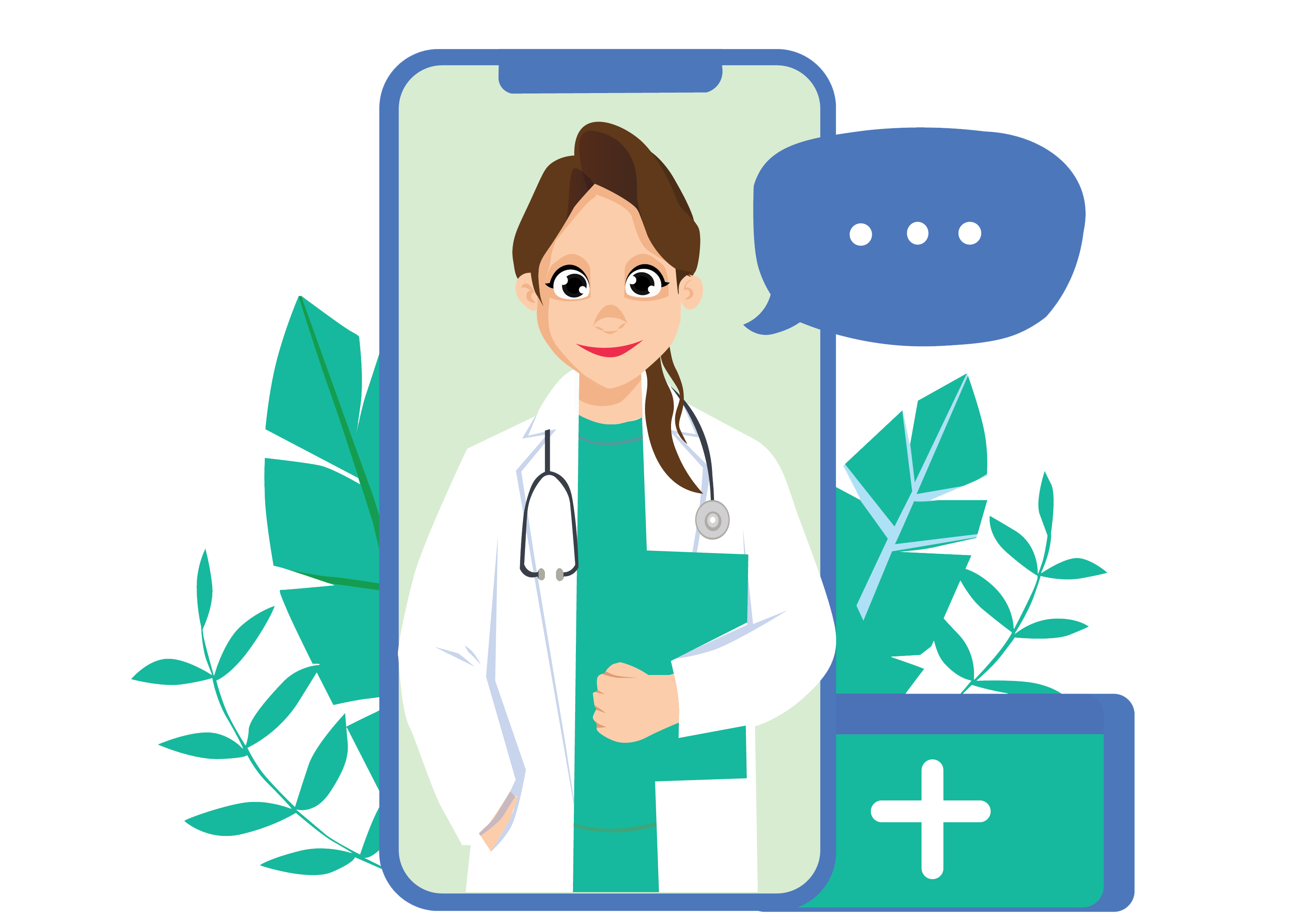
Choose your treatment.
From the list approved by the prescriber, choose your preferred treatment and then wait for it to be dispensed by UK Meds online pharmacy.
Receive your delivery
With next day delivery options available, you can have your treatment sent out to you discreetly within hours.Our Happy Customers
Rated Us for our Service Excellence
 Dispensed by Regulated UK Pharmacists
Dispensed by Regulated UK Pharmacists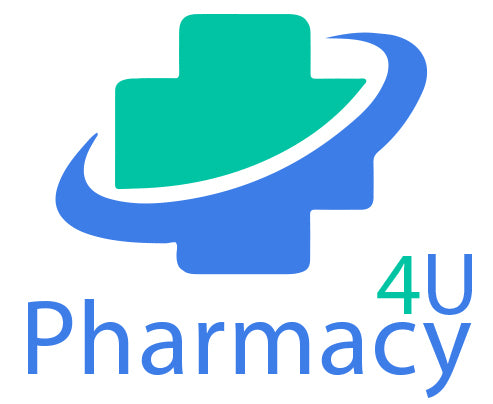

 How it works
How it works Help
Help Account
Account
 Basket
Basket






